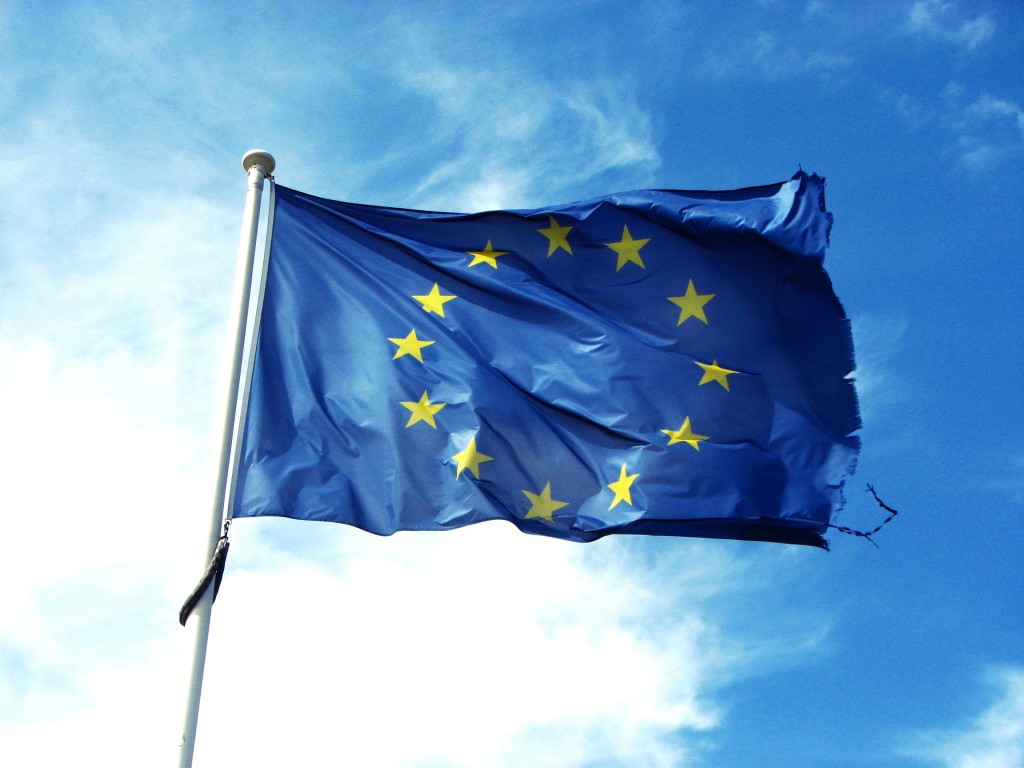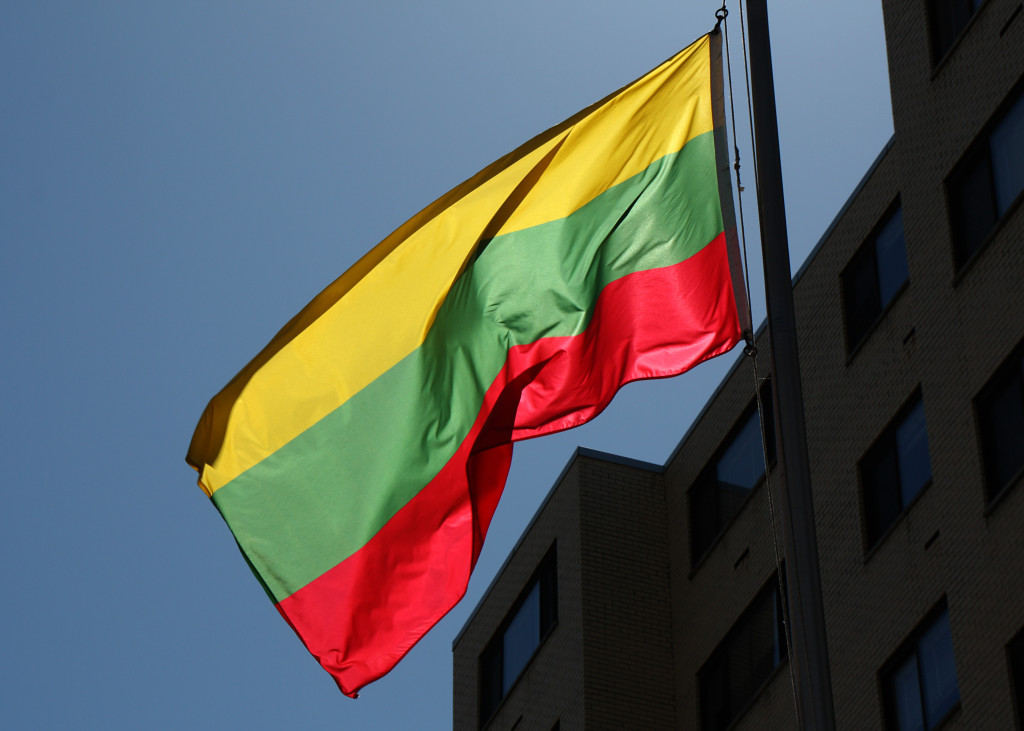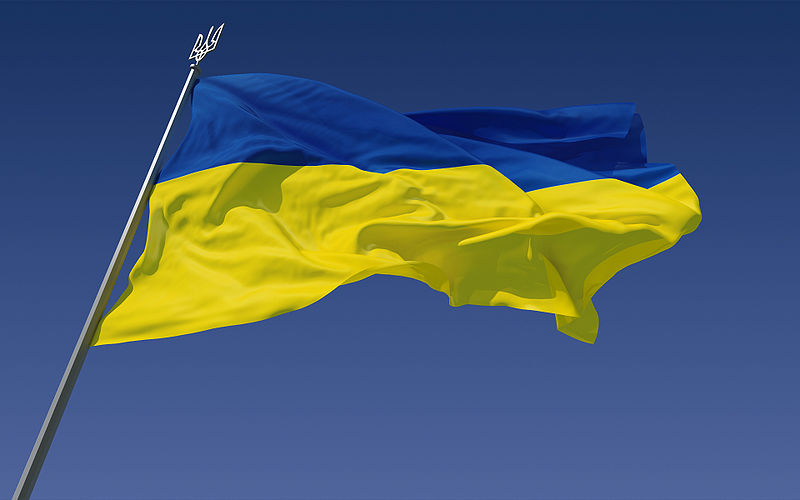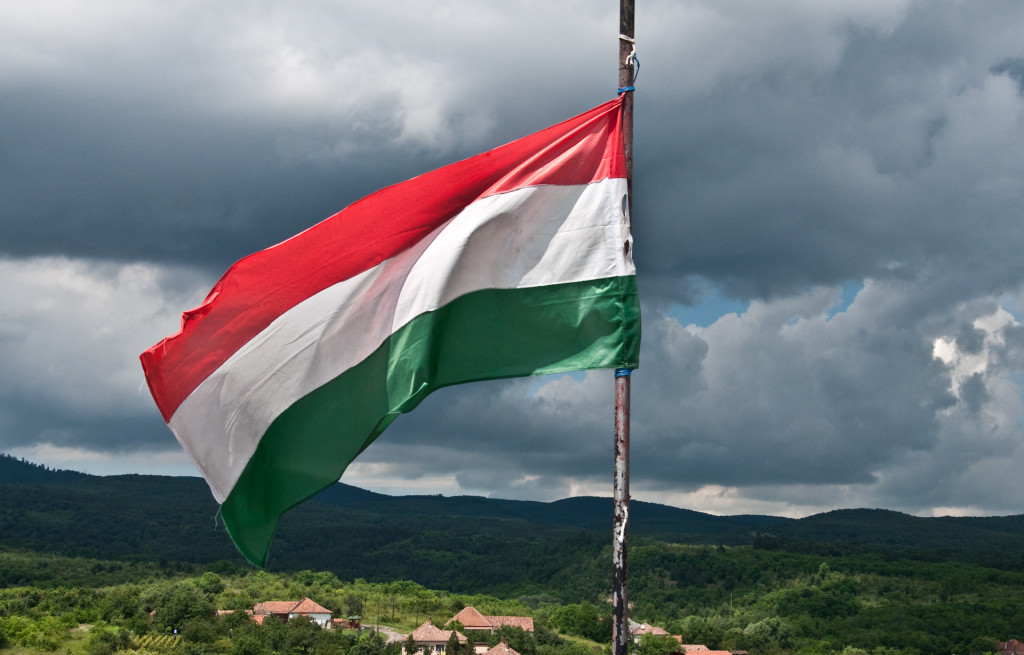
From Pay Gap to Gendered Expectations in Hungary
BY
Integrity Lab / March 14, 2017
The extremely low, 10%-level of female MPs in the Hungarian parliament, and the lack of inequality issues in the political agenda makes it quite relevant to try better know and understand the problems concerning men and women in Hungary as perceived by the voters and the possible social-demographic factors behind them.











